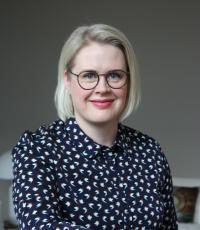
Coordinators

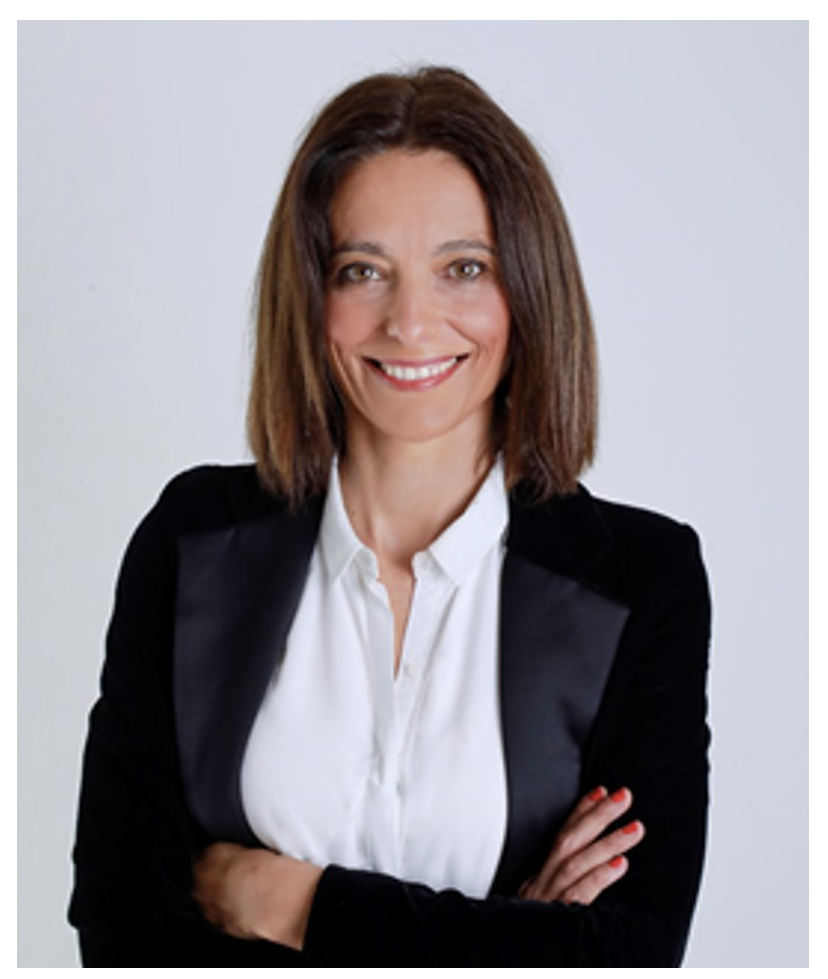
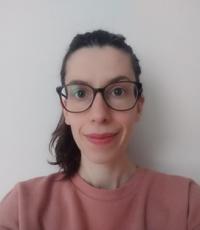
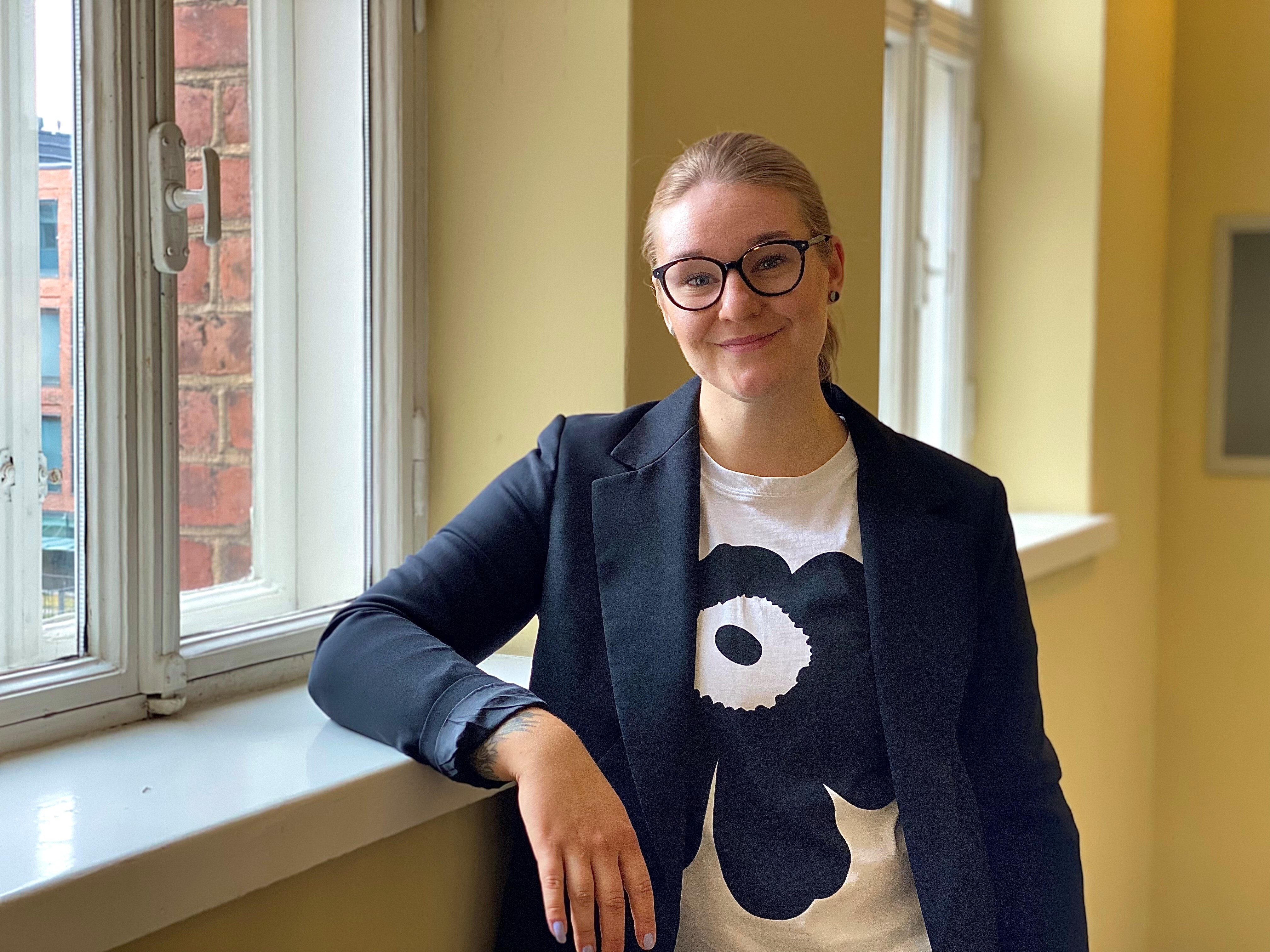
Mission Statement
SIG 15 is an international scientific research interest group that brings together early career and established researchers and other stakeholders (e.g., practitioners, associations, charities), from across the globe, with an interest in the education and inclusion of individuals with special educational needs (SEN) of all ages. Through scientific discussions, collaboration, and exchanging research outcomes, SIG15 aims to further the understanding of those with SEN and to improve learning, instruction in a broad range of settings, and inclusion for individuals with SEN so that they may realize their full potential in society.
SIG 15 Conference 2024
The next EARLI SIG15 Conference titled Neurodiversity in Education: Research and Practice will be held in Valencia (Spain) between the 2 and 4 September 2024.
Submission deadline: 18 February 2024.
You can find more info on the Conference webpage.
Keynote recordings:
- Eva Gutierrez-Sigut (University of Essex) - Speech-Sign Bilingualism: A Window into Neurodiversity
- David Saldaña (University of Seville) - Autistic Readers: Poor Comprehension or Poor Comprehension of Comprehension?
- Emily Jones (Birbeck, University of London) - Understanding Early Autism from the Perspective of Neurodiversity: Insights for Education
- Barbara Arfé (University of Padova) - Computational Thinking and Coding as Tools of the Mind
Guidance for the inclusion of students with Special Educational Needs for online learning
Members from SIG 15 (many of them early career researchers and JURE members) have put together guidance to support parents and professionals with regards to inclusion of students with Special Educational Needs during online learning.
Consult the document in English, Finnish, German, Greek, Italian, Spanish or Swedish.
Ongoing Project: CASES
Comparative Analyses of Special Educational Systems (CASES) is a collaborative project that started on March 2023 and that is coordinated by SIG 15 JURE coordinators Nadina Gomez Merino (nadina.gomez@uv.es) and Erica Ranzato (e.ranzato@ucl.ac.uk).
What is the scope of CASES project?
The main aim of this project is to provide researchers with a tool to better understand the Special Educational Need (SEN) educational system in different countries and to consider how differences in the educational school context impacts not only the learning and educational outcomes of students with SEN but also the intervention programmes that are conducted. In fact, most of the time the information related to the educational system of the country where the study takes place is not provided in the academic papers due to either practical reasons such as word count limitations or due to the lack of awareness of some researchers in relation to the differences between countries. This is apparent, for example, in those papers where the school grade is provided, but the chronological age is omitted.
It is worth noting that the lack of available information is at a descriptive level of the educational system. For example, a researcher might assume that the entry age to the educational system in the country where the study was conducted is the same as in the country where they live. However, this assumption might be wrong and might lead to erroneous interpretations of the research findings and their implications. On the one hand, the lack of information prevents the reader from building a full picture of the educational environment of the students. On the other hand, this lack of information may lead researchers to make wrong assumptions on the environmental factors that shape students’ experiences.
For these reasons, we decided to start this project to provide academics with a tool to help them to better understand the educational system the students are part of. The project is also meant to foster and raise awareness on the importance of this contextual factor, especially - but not only - for educational researchers, and to provide them with a template they can use when writing their own papers.
Who is collaborating to CASES?
This is a list of all the current collaborators on the project:
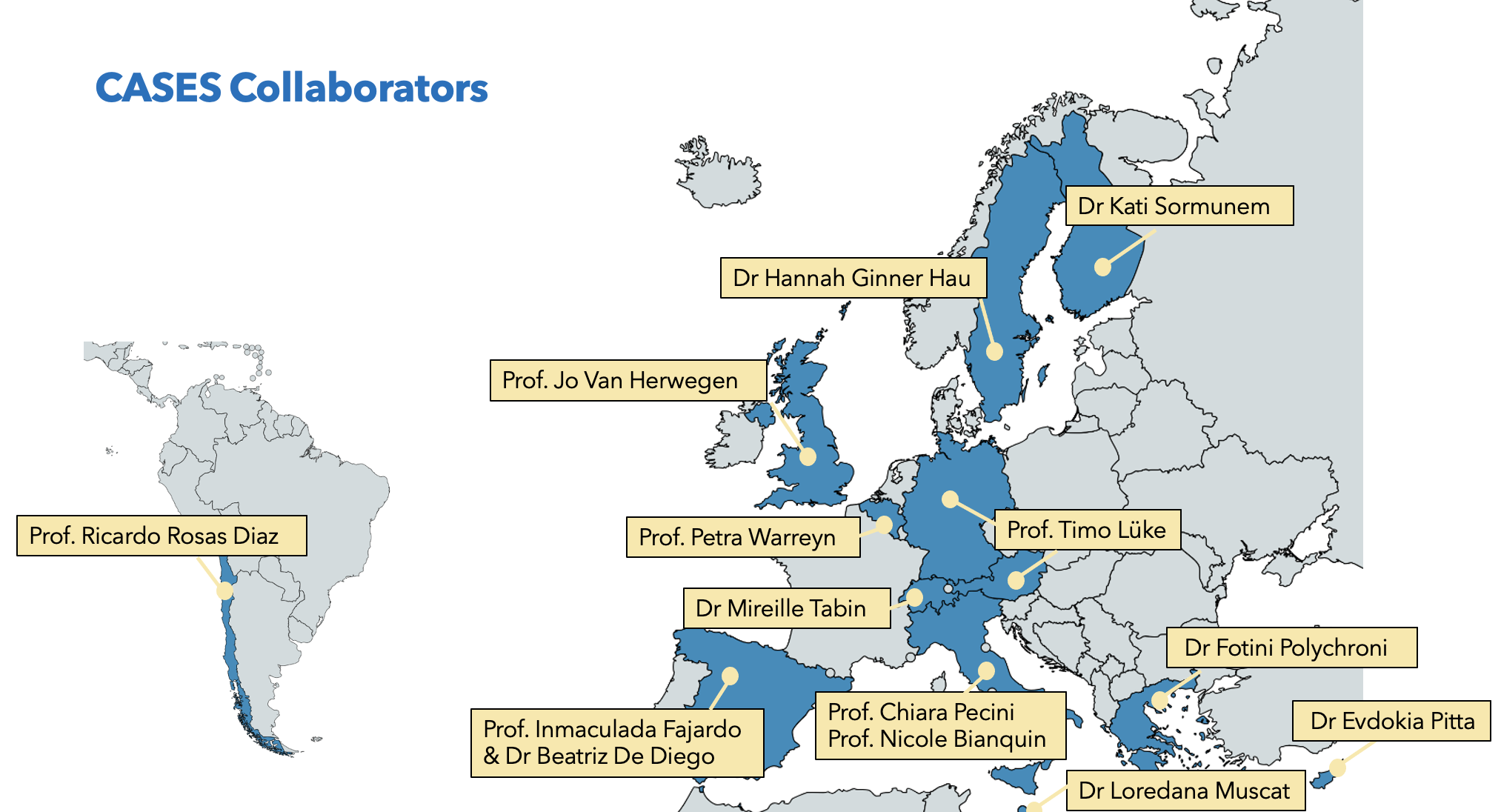
If you have any questions or would like to join the project, please email Nadina Gomez Merino (nadina.gomez@uv.es) or Erica Ranzato (e.ranzato@ucl.ac.uk).
EARLI SIG 15 Newsletter
Here you can find our previous Newsletters:
- Volume 9 - EARLI SIG Newsletter December 2023
- Volume 8 - EARLI SIG Newsletter June 2023
- Volume 7 - EARLI SIG 15 Newsletter December 2022
- Volume 6 - EARLI SIG 15 Newsletter June 2022
- Volume 5 - EARLI SIG 15 Newsletter December 2021
- Volume 4 - EARLI SIG 15 Newsletter April 2021
- Volume 3 - EARLI SIG 15 Newsletter December 2020
- Volume 2 - EARLI SIG 15 Newsletter December 2019
SIG 15 Brown Bag Seminars
You can access the recordings of the SIG 15 Brown Bag Seminars via the following Youtube playlist.
Brown Bag Seminars 2023 -2024
Brown Bag Seminars 2022 -2023
- Dr Beatriz de Diego Lázaro (University of Valladolid) - Word learning in bilingual children with hearing loss [June 2023]
- Costanza Ruffini (University of Firenze) - Text comprehension and writing through different mediums in primary students: The role of Executive Functions [May 2023]
- Bethany Huntington (University of Nottingham) - Pedagogical features of interactive apps for effective learning: A comparative judgement study with out-of-school children [April 2023]
- Hannah Hamid (University College London) - Parental involvement interventions and the outcomes of children with special educational needs: A systematic review [February 2023]
- Prof. Silvia Lanfranchi (University of Padova) - Executive function in Down syndrome: From assessment to training [January 2023]
- Dr Angela Crawford (Boise State University) - Teaching experiments to explore mathematical learning [November 2022]
- Gaia Spicciarelli (University of Padova) The effects of background noise on the cognitive performance of children with cochlear implants - [October 2022]
Brown Bag Seminars 2021 -2022
Past Conferences
SIG 15 Biennial Conference 2024
- Theme: Neurodiversity in Education: Research and Practice
- Date: 2-4 of September, 2024
- Place: Valencia, Spain
- Conference website
SIG 15 Biennial Conference 2022
- Theme: A Village to Teach a Child - The Influence of Contextual Factors on Learning and Development
- Date: 22nd - 23rd of September, 2022
- Place: Ghent, Belgium
- Conference website
SIG 15 Biennial Conference 2020
- Theme: Learning difficulties and inclusion - Challenges (and solutions) for the future
- Date: 10th - 12th of August, 2020
- Place: Online
SIG 15 Biennial Conference 2018
- Theme: Inclusive education - An integrated research framework on disability, diversity and heterogeneity in education
- Date: 12th - 14th of September, 2018
- Place: Potsdam, Germany
- Conference website
Previous SIG 15 Coordinators
2024 - now:
- Kati Sormunen (University of Helsinki, Finland)
- Inmaculada Fajardo (University of Valencia, Spain)
- JURE: Terhi Vessonen (University of Helsinki, Finland)
- JURE: Erica Ranzato (University College London, UK)
2023 - 2024:
- Kati Sormunen (University of Helsinki, Finland)
- Inmaculada Fajardo (University of Valencia, Spain)
- JURE: Nadina Gómez Merino (University of Valencia, Spain)
- JURE: Erica Ranzato (University College London, UK)
2021 - 2023:
- Kati Sormunen (University of Helsinki, Finland)
- Jo van Herwegen (University College London, UK)
- JURE: Nadina Gómez Merino (University of Valencia, Spain)
- JURE: Erica Ranzato (University College London, UK)
2019 - 2021:
- Pirjo Aunio (University of Helsinki, Finland)
- Jo van Herwegen (University College London, UK)
- JURE: Nadina Gómez Merino (University of Valencia, Spain)
- JURE: Jannis Bosch (University of Potsdam, Germany)
2017 - 2019:
- Dieter Baeyens (Catholic University of Leuven, Belgium)
- Pirjo Aunio (University of Helsinki, Finland)
- JURE: Jannis Bosch (University of Potsdam, Germany)
2015 - 2017:
- Christian Liesen (The University of Teacher Education in Special Needs, Switzerland)
- Dieter Baeyens (Catholic University of Leuven, Belgium)
- JURE: Meret Stoeckli (University of Zurich, Switzerland)
2013 - 2015:
- Evelyn Kroesbergen (University of Utrecht, the Netherlands)
- Christian Liesen (The University of Teacher Education in Special Needs, Switzerland)
- JURE: Meret Stoeckli (University of Zurich, Switzerland)
2011 - 2013:
- Gerhard Buetner (Goethe University Frankfurt, Germany)
- Evelyn Kroesbergen (University of Utrecht, the Netherlands)
- JURE: Sebastian Poloczek (Goethe University Frankfurt, Germany)
2009 - 2011:
- Gerhard Buetner (Goethe University Frankfurt, Germany)
- Adina Shamir (Bar-Ilan University, Israel)
- JURE: Sebastian Poloczek (Goethe University Frankfurt, Germany)
2007 - 2009:
- Adina Shamir (Bar-Ilan University, Israel)
- Diny van der Aalsvoort (University of Utrecht, the Netherlands)
2005 - 2007:
- Eva Hjörne (University of Gothenburg, Sweden)
- Diny van der Aalsvoort (University of Leiden, the Netherlands)
2003 - 2005:
- Margarida César (University of Lisbon, Portugal)
- Ernest van Lieshout (Free University of Amsterdam, the Netherlands)
2001 - 2003:
- Carol Aubrey (University of Warwick, UK)
- Ernest van Lieshout (Free University of Amsterdam, the Netherlands)
